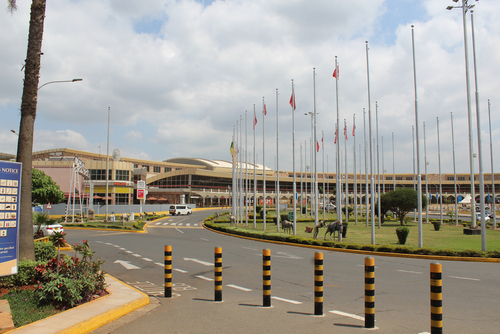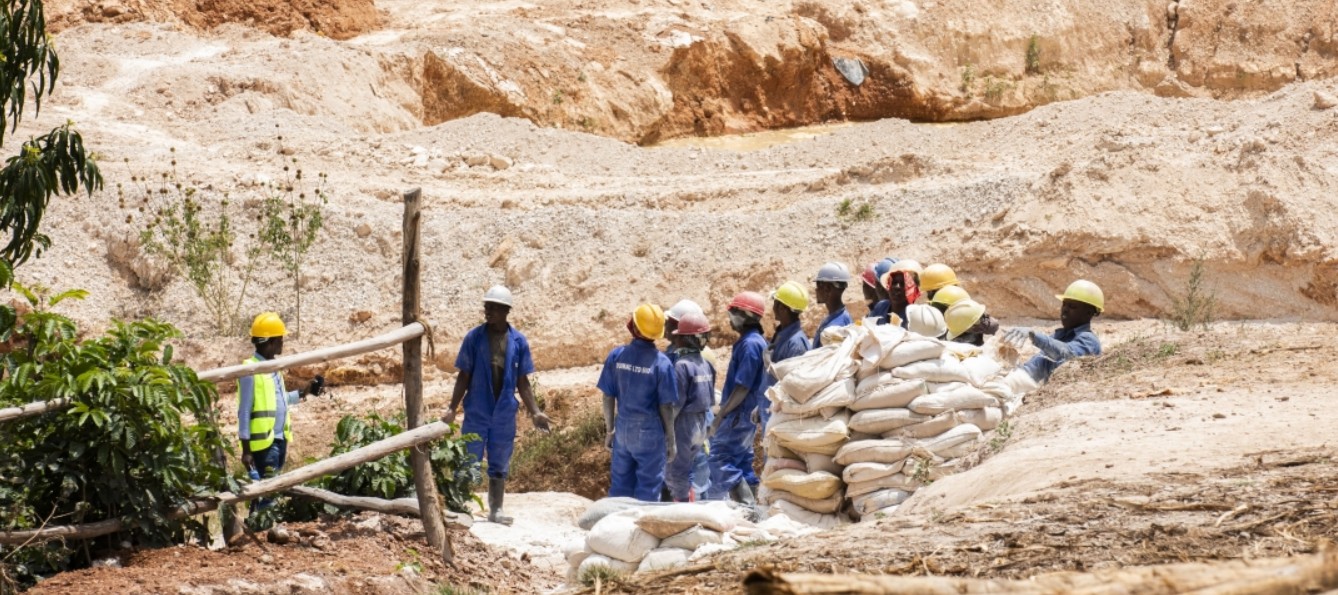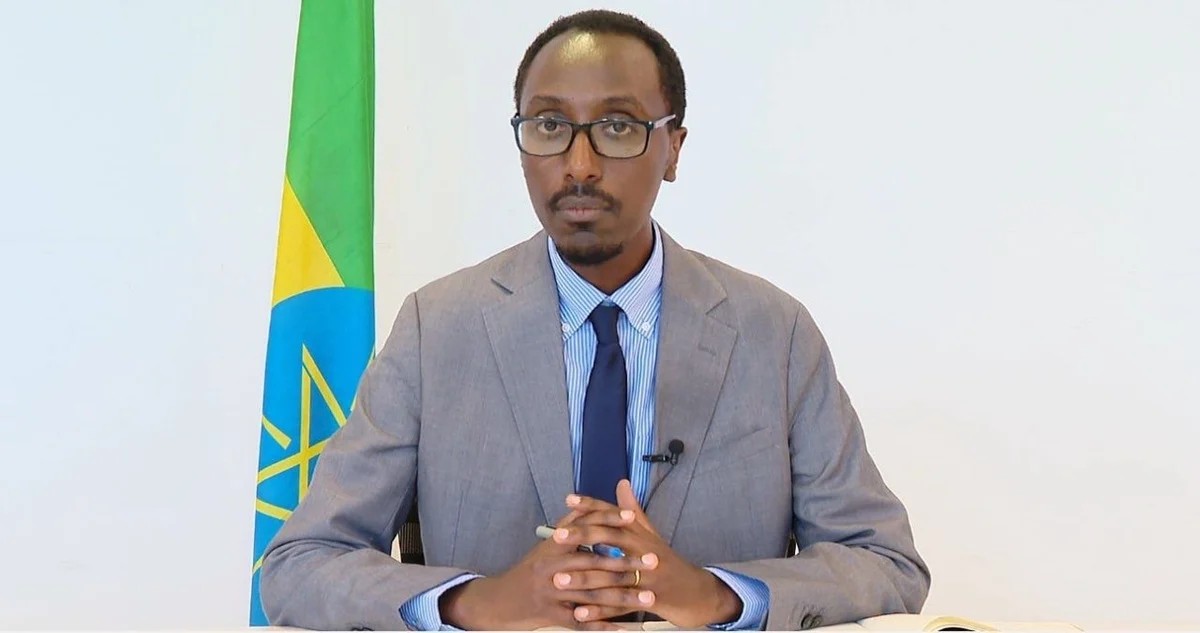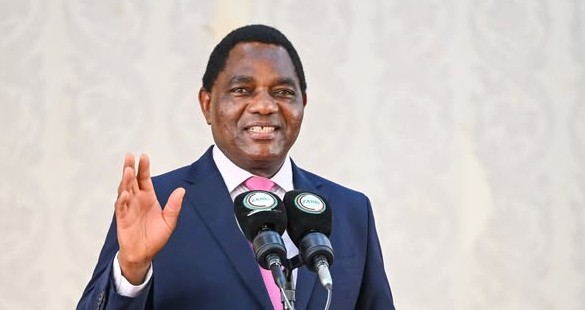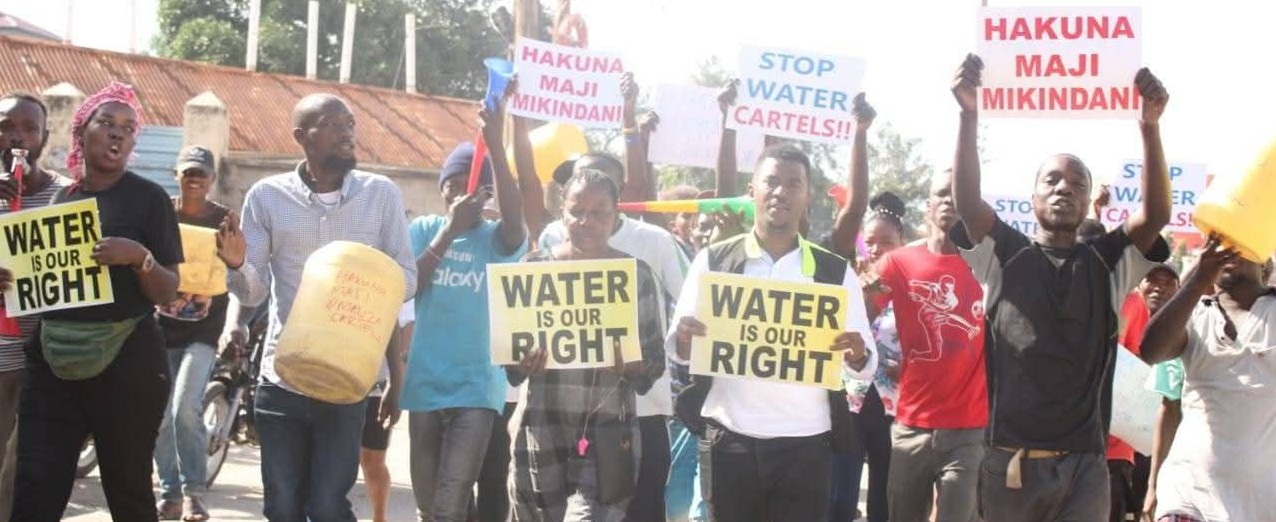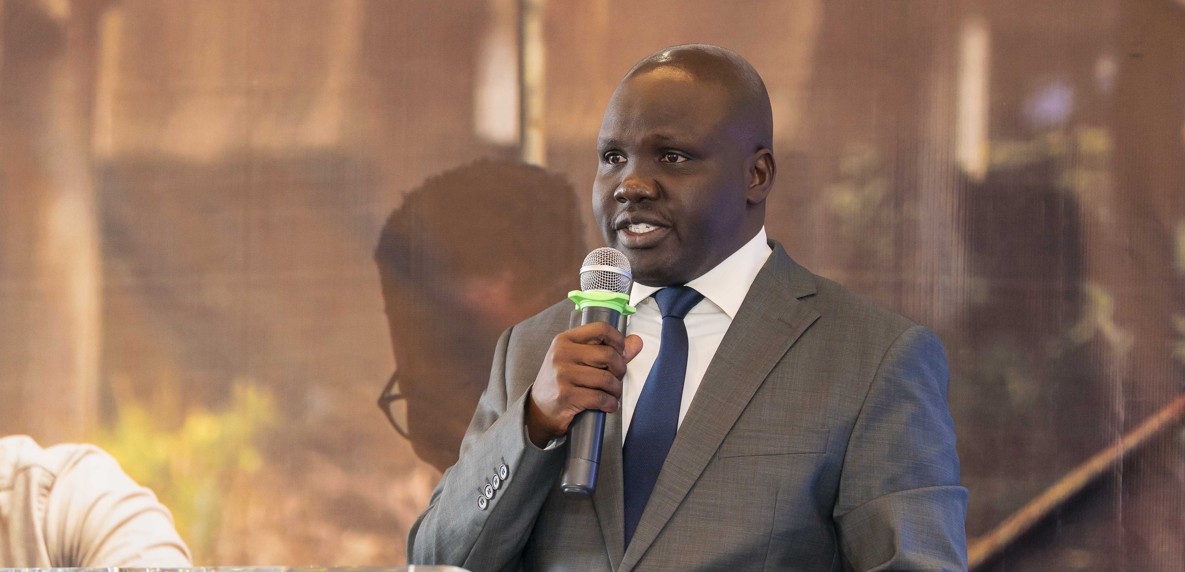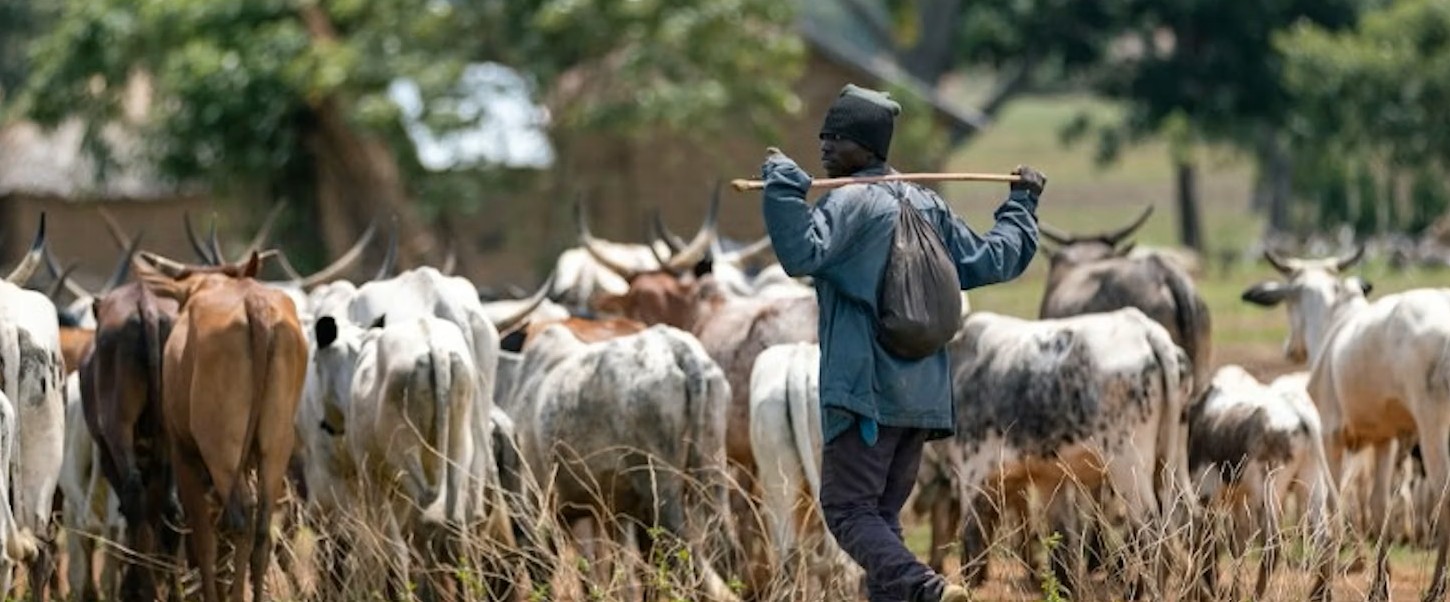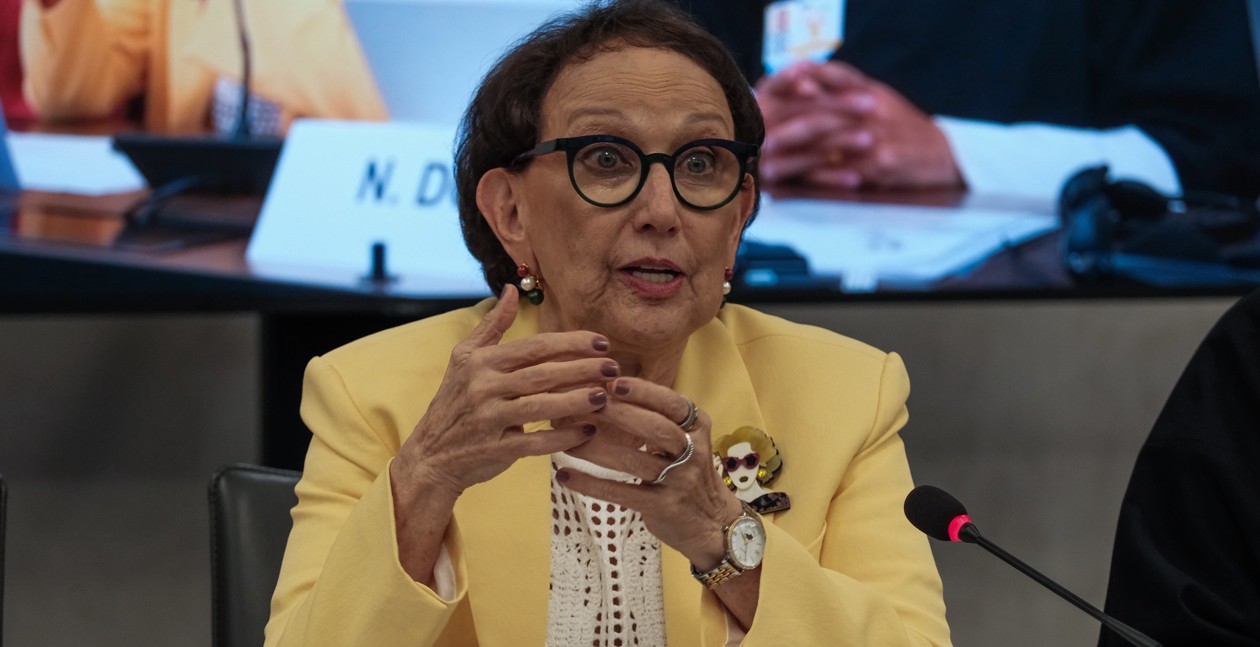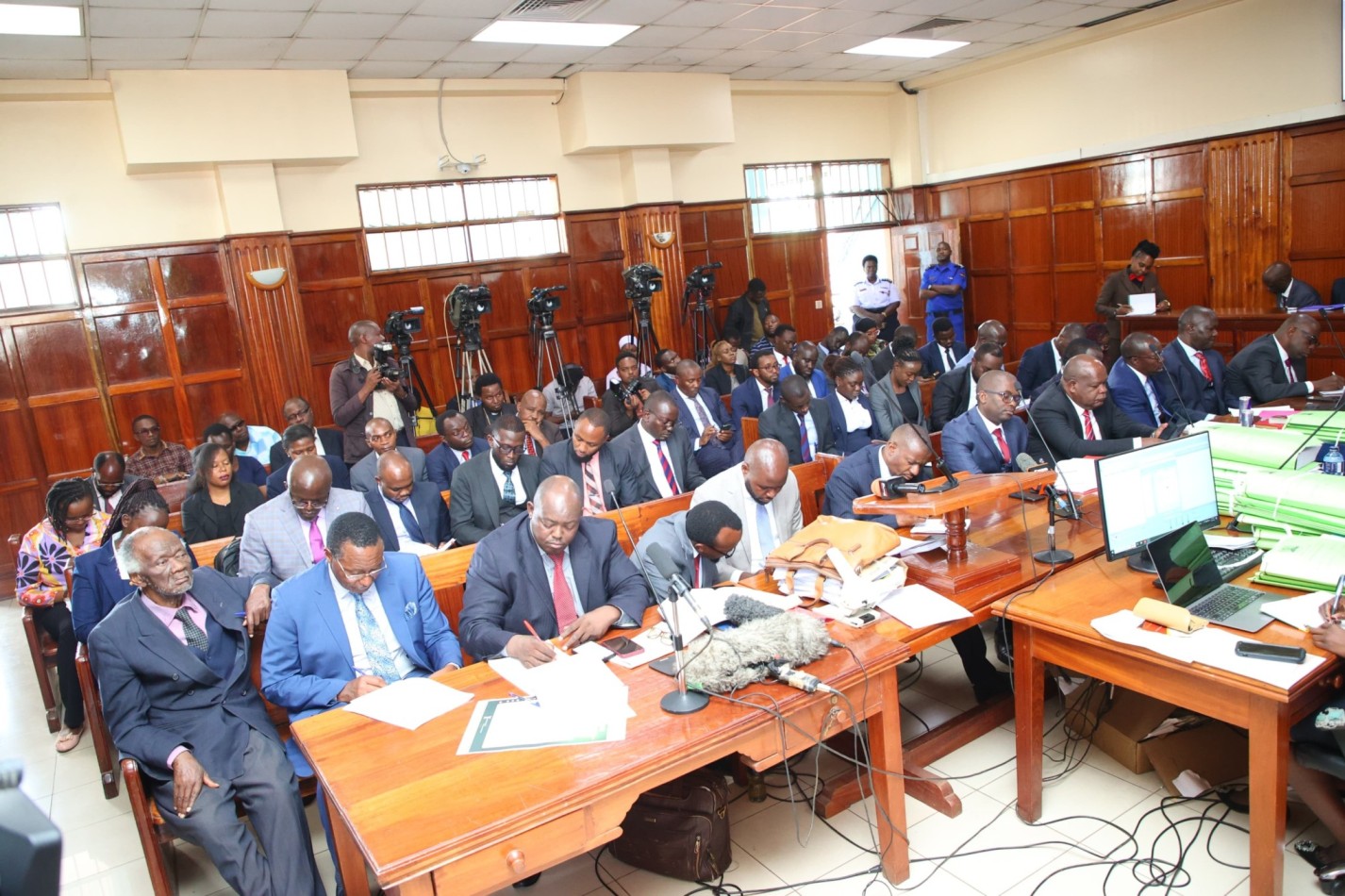African Union Day 2025: AU calls for renewed commitment to 'Agenda 2063'
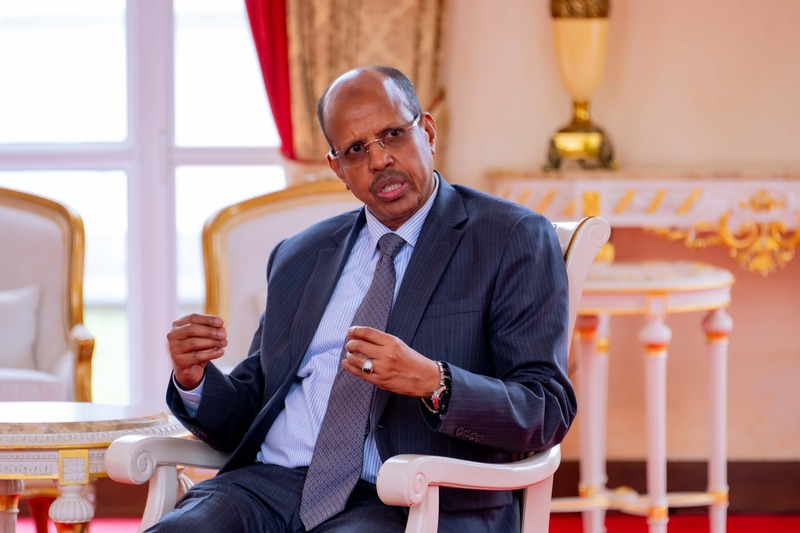
According to the Continental Report on the Implementation of Agenda 2063, progress has been made in several areas, notably the signing of the African Continental Free Trade Area (AfCFTA) by 54 member states.
Africans mark African Union Day today, commemorating the 1999 Sirte Declaration that led to the Union’s creation.
On its 26th anniversary, AU Commission Chairperson Mahmoud Ali Youssouf praised the Union’s achievements in peace, trade, and innovation, while calling for renewed commitment to Agenda 2063, the continent’s 50-year blueprint for an integrated, prosperous, and peaceful Africa.
More To Read
- AU calls for rapid tech adoption in farming to shield continent from food crises
- Wave of coups in Africa: What President Paul Kagame thinks
- African Union suspends Guinea-Bissau over coup
- Guinea-Bissau: Who is toppling whom, how and why?
- AU calls for Africa’s permanent seat on UN Security Council
- ONLF accuses Ethiopia of breaching 2018 peace deal as Somali Region tensions rise
"African Union Day honours our collective journey, the resilience of our people, and the enduring spirit of Pan-Africanism that continues to inspire and bind us together," said Mahmoud.
"As we mark this milestone, we recognise the significant progress made across the continent, from advancing peace and stability and progress in conflict resolution efforts on the continent to Africa's growing economic integration through the African Continental Free Trade Area. Our continent is making remarkable strides in renewable energy, digital innovation, and youth empowerment, strengthening Africa's position as a key player on the global stage," he added.
Agenda 2063 was formally adopted in 2013 during the Golden Jubilee celebrations marking the 50th anniversary of the formation of the OAU/AU. The blueprint is designed as a long-term strategy to transform Africa and promote inclusive and sustainable development.
Structured into five ten-year implementation phases, the first phase (2013–2023) focused on economic growth, regional integration, governance, and peace. Key initiatives included the Single African Air Transport Market (SAATM) and the Silencing the Guns campaign. Agenda 2063 seeks to deliver on a set of seven development aspirations, each with its own set of goals purposed at moving Africa closer to achieving “The Africa We Want”.
The second ten-year plan (2024–2033) aims to accelerate progress and strengthen implementation. While the continent has recorded significant achievements, including thriving ICT innovation hubs, improved access to education and health services, and major infrastructure projects such as the Standard Gauge Railway linking Kenya, Uganda, South Sudan, DR Congo, Rwanda, and Burundi, progress remains uneven. Political instability, corruption, setbacks in democracy, and ethnic divisions continue to present challenges to Africa’s development and integration.
According to the Continental Report on the Implementation of Agenda 2063, progress has been made in several areas, notably the signing of the African Continental Free Trade Area (AfCFTA) by 54 member states.
The Second Continental Progress Report on the Implementation of Agenda 2063 highlights measurable gains in connectivity and technology. Kenya, for instance, increased internet access from 52.3 per cent in 2013 to 93.2 per cent in 2021, while internet usage grew from 28.8 per cent to 40 per cent, largely due to the National Optic Fibre Backbone Infrastructure. Similar improvements were recorded in Senegal and Togo, demonstrating how ICT and digital initiatives are enhancing socioeconomic development across the continent.
Agenda 2063 emphasises economic cooperation, conflict resolution, democratic governance, and the strengthening of continental institutions. It envisions a continent where people, goods, services, and labour can move freely across borders, enhancing trade, knowledge sharing, and collaboration.
Regional integration efforts such as the East African Community (EAC) demonstrate how member states can establish common markets, legislative institutions, and mechanisms for peace and security.
Agenda 2063 encapsulates not only Africa’s Aspirations for the Future but also identifies key Flagship Programmes which can boost Africa’s economic growth and development and lead to the rapid transformation of the continent.
As Africans commemorate this day, Agenda 2063 stands as both a vision and a roadmap: a blueprint for the long-term transformation of Africa that seeks to place its citizens at the centre of development, fostering unity, prosperity, and stability across the continent.
"We reaffirm our dedication to the principles of solidarity, integration, and sustainable development. Together, we strive to overcome challenges across peace and security, economic transformation, and social progress, while seizing the immense opportunities that lie ahead under Agenda 2063," said Mahmoud.
Top Stories Today

